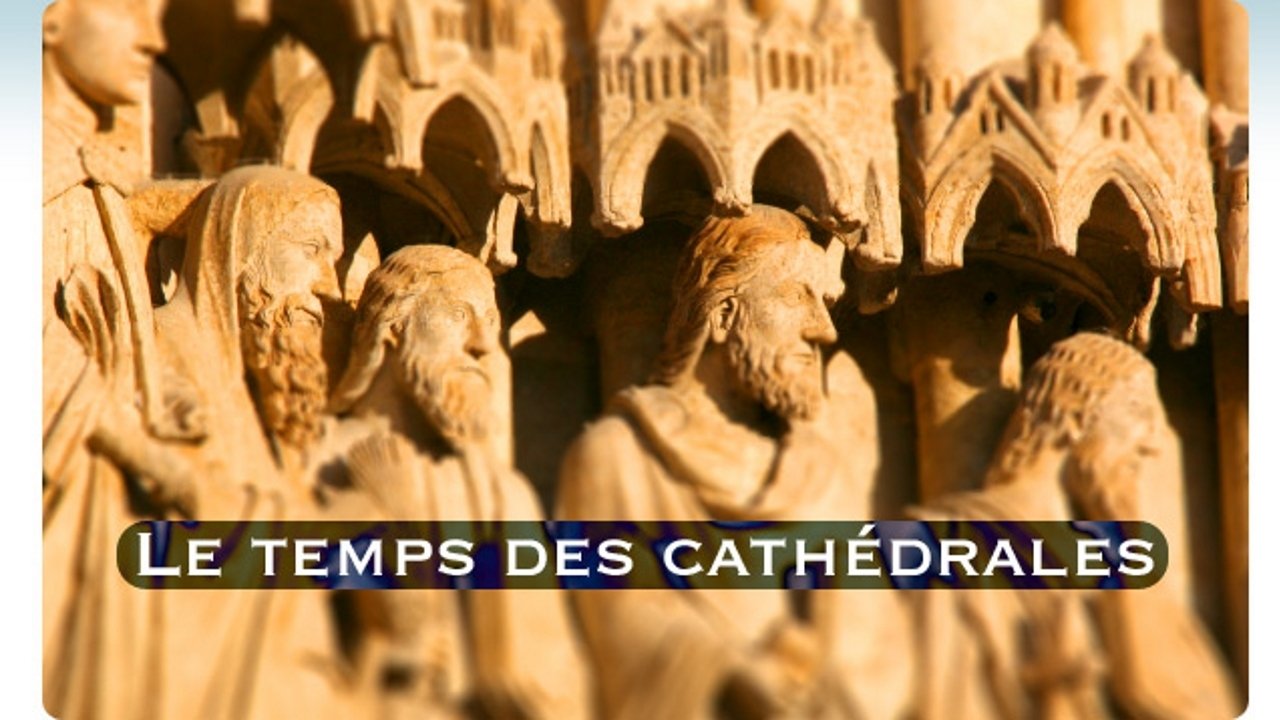
Georges Duby
Georges Duby (7 October 1919 – 3 December 1996) was a French historian who specialised in the social and economic history of the Middle Ages. He ranks among the most influential medieval historians of the twentieth century and was one of France's most prominent public intellectuals from the 1970s to his death.
Born in Paris to a family of craftsmen of Burgundian and Alsacian origin, Duby was initially educated in the field of historical geography before he moved into history. He earned an undergraduate degree at Lyon in 1942 and completed his graduate thesis at the Sorbonne under Charles-Edmond Perrin in 1952. He taught first at Besançon and then at the University of Aix-en-Provence before he was appointed in 1970 to the Chair of the History of Medieval Society in the Collège de France. He remained attached to the Collège until his retirement in 1991. He was elected to the Académie française in 1987. Although Duby authored dozens of books, articles and reviews during his prolific career—for academic as well as popular audiences—his reputation and legacy as a scholar will always be attached to his first monograph, a published version of his 1952 doctoral thesis entitled La société aux XIe et XIIe siècles dans la région mâconnaise (Society in the 11th and 12th centuries in the Mâconnais region). La société exerted a profound influence on medieval scholarship in the second half of the twentieth century, placing the study of medieval feudal society on an entirely new footing. Working from the extensive documentary sources surviving from the Burgundian monastery of Cluny, as well as the dioceses of Mâcon and Dijon, Duby excavated the complex social and economic relationships among the individuals and institutions of the Mâconnais region, charting a profound shift in the social structures of medieval society around the year 1000.
Duby argued that in early eleventh century, governing institutions—particularly comital courts established under the Carolingian monarchy—that had represented public justice and order in Burgundy during the ninth and tenth centuries receded and gave way to a new feudal order wherein independent aristocratic knights wielded power over peasant communities through strong-arm tactics and threats of violence. The emergence of this new, decentralized society of dynastic lords could then explain such later eleventh-century phenomena as the Peace of God, the Gregorian reform movement and the Crusades.
Following upon this, Duby formulated a famous theory about the Crusades: that the tremendous response to the idea of Holy War against the Muslims can be traced to the desire of iuvenes, knights, mostly young and with little prospect of becoming lords, to make their fortunes by venturing abroad and seeking fame in the Levant. While Duby's theory had long-lasting influence, later scholars such as Jonathan Riley-Smith argued against it, arguing that there was no large-scale shortage of land in Western Europe at the time, that knights actually lost money going on crusade, and that lay religious sentiment was their primary motivation. Not all modern scholars follow Riley-Smith in this regard. ...
Source: Article "Georges Duby" from Wikipedia in English, licensed under CC-BY-SA 3.0.

